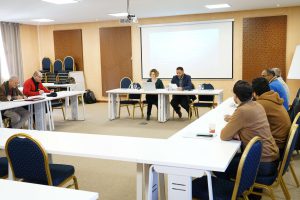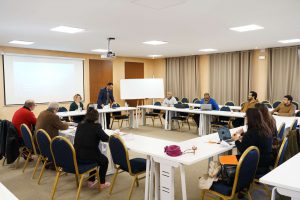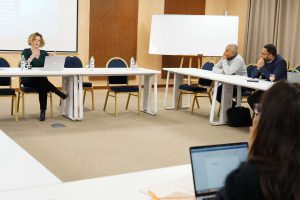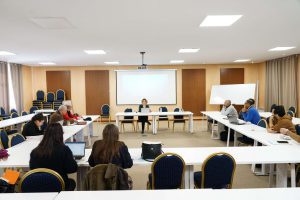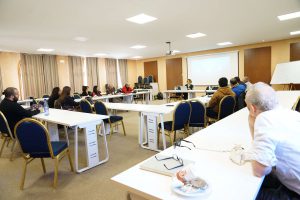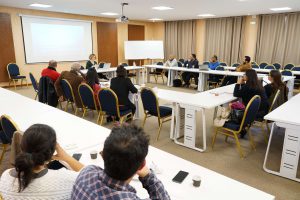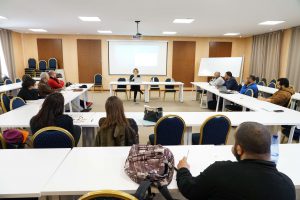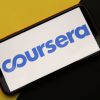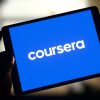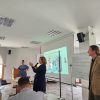Talk
New Approaches to EdTech Integration:
Moving from Substitution to Redefinition
By
Kate Maloney Williams
Manager, Technology for Education and Economic Growth
Creative Development Lab – Washington DC
Tuesday February 4th, 2020 @ 12:30
Conference Room, Building 2
Abstract of the talk: To thrive in the 21st Century, educators must reconsider what it means to be literate. Faced with the proliferation of constantly emerging and evolving technologies, literacy is no longer built solely on the ways in which we process and articulate linear narrative. Rather, the Internet and other forms of information and communication technologies (ICTs) require new literacies to make sense of our current world. Theoretical studies on new literacies have emerged over the past twenty years to address this need. However, applied conceptualizations of digital pedagogies remain nascent — with widespread inequalities across global classrooms. This session will provide an overview of the philosophical and psychological assumptions that underlie departures from traditional Western schooling, exploring new models in creativity and collaboration. It will then outline different strategies that educators may take to improve student learning with technology. Participants will be exposed to new approaches in education and hear recommendations towards more sustainable technology integration.
Bio: Kate Maloney Williams in an international educator and champion for inquiry-based learning. Currently, she supports the Development Lab at Creative Associates International, specializing in Technology for Education and Economic Growth. Her work is centered on promoting a more integrative approach to technology usage in global classrooms. This includes the application of new literacies, digital pedagogies, leapfrog technologies, and socio-emotional learning as a means to promote more inclusive and active learning spaces. Kate has lectured in the School of Education at Loyola University Maryland and serves as a copy editor for the Journal of Medial Literacy Education. As a media ecologist and ethnographic researcher, she has worked on projects in the Caribbean, South Asian, and Western European regions. She has additional experience as a paraeducator, workshop instructor, literacy coach, research administrator, and ethics reviewer. She holds a PgCert in Digital Literacy Education from the University of Rhode Island and a MSc in Media and Communication for Development from The London School of Economics. She is currently pursuing a PhD in International Education Policy from the University of Maryland.


